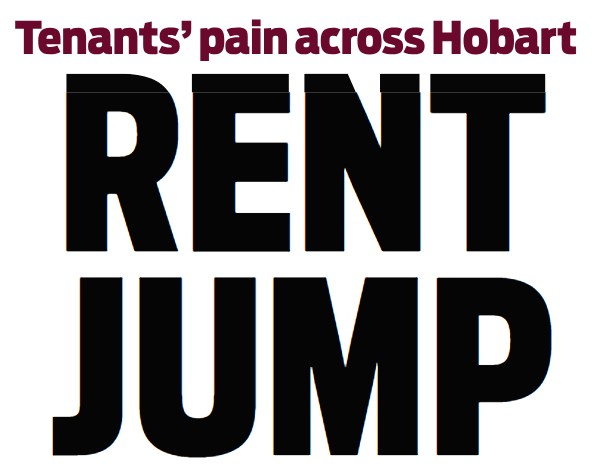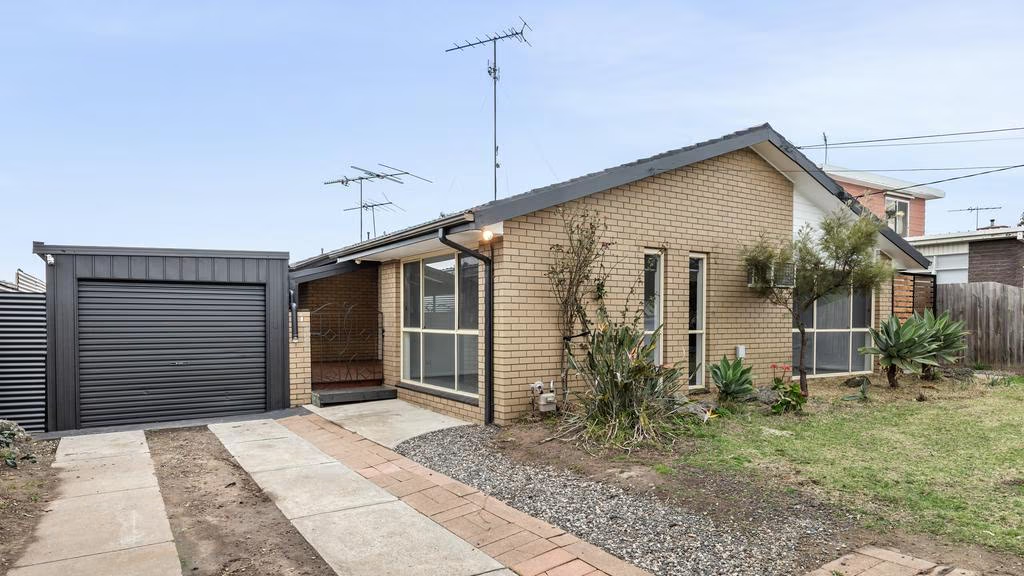Debunking the myth: 65% of investors are in negative cash flow
Apr 2025Karen Millers
Categories
Location ReportsMedia releasesNational market updatesPersonal advisersPIPA AdviserPIPA Annual Investor Sentiment SurveysPIPA Member ProfilesPIPA video updatesPIPA webinarsPodcastsProperty advisersProperty newsUncategorisedLatest Articles
The 10 “hottest” property markets around the nation revealed
TEA TREE GULLY : North Eastern Suburbs of Adelaide
Safeguarding Property Businesses Against Cyber Threats
Young purchasers sidelined as key buyer group returns to market
With the federal election approaching, the Property Investment Professionals of Australia (PIPA) reminds politicians that property investors are not raking in profits, but instead facing negative cash flow.
According to the PIPA Annual Investor Sentiment Survey 2024, about 65 per cent of Australian investors have been experiencing negative cash flow in their portfolio, an 8 per cent increase from the year before.
Overall, 67 per cent of investors with one property, 72 per cent of those with two properties, and 66 per cent of investors owning three properties reported experiencing negative cash flow.
“There has been much conjecture and commentary about investors somehow cashing in from higher rents over the past few years, but this data shows that most investors need to tip in additional funds to keep their properties financially above water,” PIPA chair Nicola McDougall said.
Surveyed investors reported adding extra funds to cover mortgage payments and property expenses, with 42 per cent reporting tight cash flows and a further 11 per cent relying on savings to cover the shortfall as their income wasn’t sufficient.
McDougall said the sharp increase in investors facing negative cash flow was linked to the high interest rates.
“Interest rates remain significantly higher than they were a few years ago, and while rents have risen, they are a drop in the ocean compared to higher lending costs,” she said.
Additional data by the Australian Taxation Office showed that investors’ portfolios have been static for years, with 71 per cent of investors owning one dwelling, 18 per cent having two, and only 5 per cent owning three properties.
McDougall said investors have been very pragmatic with their portfolio, as nearly 60 per cent of surveyed indicating they are expecting to remain in negative cash flow for at least five years, while 13 per cent believe it will take 10 to 20 years to be in the black.
“For those investors with two dwellings, 54 per cent expect to be negative cash flow for more than five years, including 14 per cent who say it will be at least 10 to 20 years,” she said.
Similarly, nearly 50 per cent of investors with three properties believe they’ll stay in negative cash flow for five years, while 11 per cent are expecting to take 10 to 20 years to make a profit from their dwellings.
The survey also found that 57 per cent of investors are considering selling their properties, principally due to the high holding costs.
McDougall cautioned investors that negative cash flow is not a viable investment strategy, as it necessitates extra financial contributions from their employment income or savings.
“It’s clear that investors and tenants are both struggling in the high property cost environment at present, however, investors are often doing without to ensure they can cover the shortfall between the rent they receive and the high costs associated with owning one or two investment properties,” McDougall concluded.
Originally Pubished: Emilie Lauer | realestatebusiness.com.au | 9 April 2025
“Licensed by Copyright Agency. You must not copy this work without permission.”




